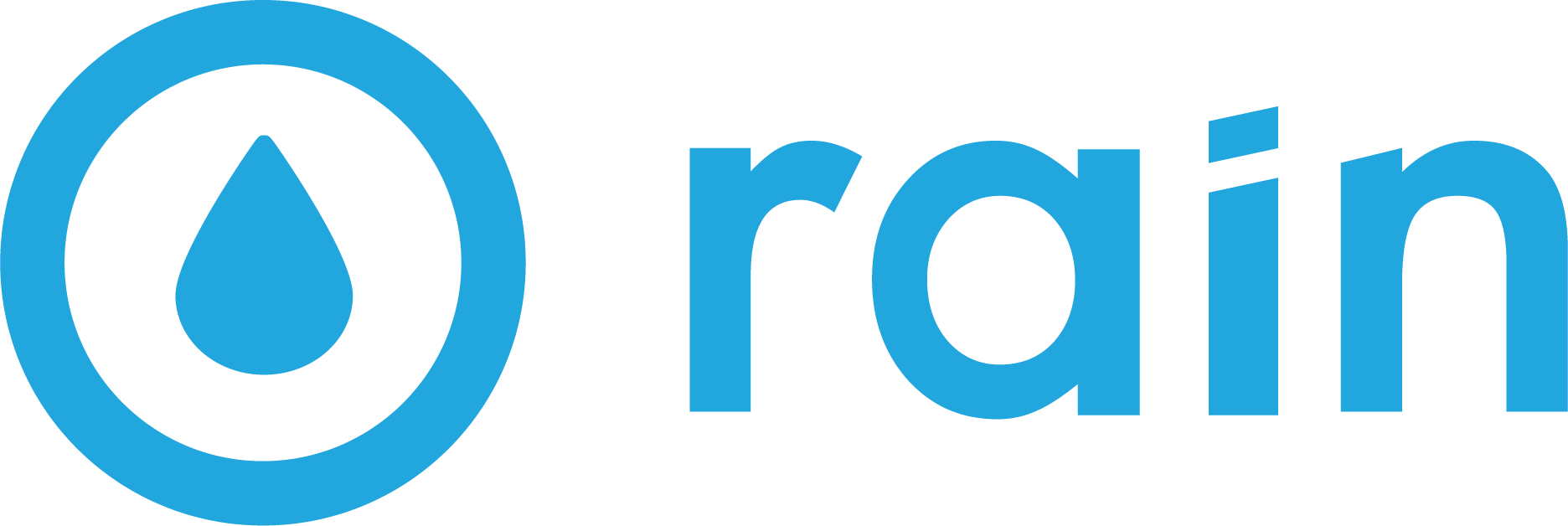Technical Marketing Terminology
Cookies
Cookies are small pieces of information that websites create and store on your device (computer/phone/tablet) through your web browser (Chrome/Safari/Firefox/etc). They help websites learn (collect data) from you and remember things about you. You can delete them whenever you want, and they delete themselves after a certain amount of time has passed. Not all cookies are “bad”—many are necessary for the easy internet experience you’re used to on most websites you visit.
“1st Party” vs “3rd Party” Cookies
The difference between first-party and third-party cookies hinges on where they came from:
First-party cookies are created by the website domain you’re visiting. They’re generally trusted by browsers and are used for basic things such as login status, language settings, and remembering what was in you shopping cart. They make the internet a
Third-party cookies are created by a domain other than the one you’re visiting. They’re typically used by AdTech platforms such as Google Analytics, Meta, Hubspot, etc. to collect data from you while you browse the internet and target you based on that data using their vast ad networks.
Example: When you go to Facebook.com, cookies set by Facebook are first-party. They are free to function as long as you remain on Facebook, but the moment you navigate away to some other website, Facebook’s cookies become “third-party” since they weren’t set by the domain you’re now accessing.
Personally Identifiable Information (PII)
According to CCPA: “Personal information is information that identifies, relates to, or could reasonably be linked with you or your household. For example, it could include your name, social security number, email address, records of products purchased, internet browsing history, geolocation data, fingerprints, and inferences from other personal information that could create a profile about your preferences and characteristics.”
Client
A client is a device or software application that requests and consumes services or resources from a server. Clients are typically user-facing and can include web browsers, mobile apps, and desktop applications. They initiate communication with servers to access information, perform tasks, or retrieve data.
Server
A server is a powerful computer or software application that provides services, resources, or data to clients over a network. Servers handle requests from clients, process those requests, and return the appropriate responses. They can host websites, manage databases, run applications, and perform various other functions essential for network operations.
Tag
Snippet of code added to a website to collect data and send it to third-party services for analytics, marketing, and other purposes.
Tracking Pixel
A small, invisible image or piece of code embedded in a webpage or email to monitor user behavior, often used for tracking purposes. For more information, see the detailed explanation of how the Meta Pixel works in the FAQ section above.
3rd Party Platforms (3PPs):
Basically, any website that is not your website. The 3rd Party Platforms we are referring to are Google Analytics and advertising platforms like Google Ads, Meta (Facebook), LinkedIn, and others.
Attribution:
A process that informs marketers which marketing efforts or channels are responsible for driving conversions and other key actions on your website.
Retargeting:
A common strategy used to re-engage users who have previously interacted with an ad or visited a website, but didn't convert. Retargeting happens automatically in some cases (if you engage with an ad on Facebook, you’re typically going to see more of that ad on Facebook) but takes specific setup steps in other cases.
Cross-Domain Tracking:
When we say cross-domain, we are referring to the ability of third-party cookies to track you as you browse different websites (hosted by different domains) on the internet. Third-party cookies come from domains other than the one you’re visiting at the moment, and can track you while you’re away from the domain they came from (across domains, or “cross-domain”). First-party cookies only track you while you’re on the website they came from.
Virtual Private Networks (VPNs):
A tool that enhances user privacy by encrypting internet traffic and masking the user's real IP address. In the context of digital advertising and server-side tagging, VPNs can hinder data collection efforts by obscuring critical user information such as location and device details. This limitation persists even when employing server-side tagging solutions like SSGTM or SSGTM, as the server can only process the data it receives, which may already be anonymized by the VPN.
